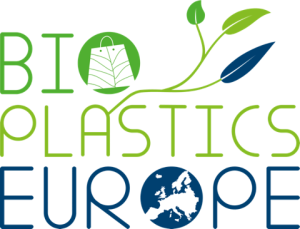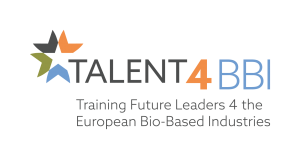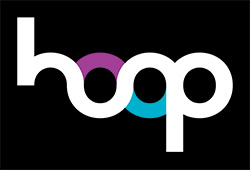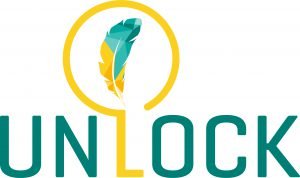BL2F project
Project concluded
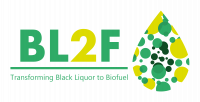
Black Liquor to Fuel
Aviation and shipping sectors are two areas of transport that are expected to grow at an incredibly fast rate, and so will their greenhouse gas emissions.
To tackle this challenge the BL2F project (Black Liquor to Fuel) will create a new, clean fuel to be used as an alternative to current fossil fuels.
BL2F is a Horizon 2020 project that will take the waste-stream of the pulp-and-paper industry, called Black Liquor, and create an end-to-end chain to produce a biofuel ready to be used in plane and ship engines. The process begins at the pulp mill, where Black Liquor will be converted into a biofuel intermediate using a novel integrated Hydrothermal Liquefaction (IHTL) concept. The biofuel intermediate will then be refined and upgraded to produce aviation and marine fuel. All the production steps in BL2F, will be optimised to make the process economically and technically feasible.
Led by Tampere University, the consortium consists of a mix of 12 partners which all bring in different resources and expertise to help ensure the project’s success. Employing the BL2F process can reduce waste, cost, greenhouse gas emissions, and contribute to a circular economy. Large-scale use of the processes and fuel developed by the project can be an important asset in the fight against climate change
Contact:
Prof. of Practice Tero Joronen
email: hello@bl2f.eu
website: https://www.bl2f.eu/



